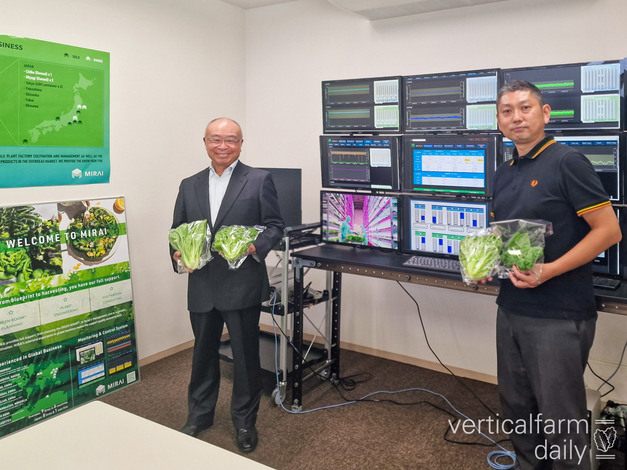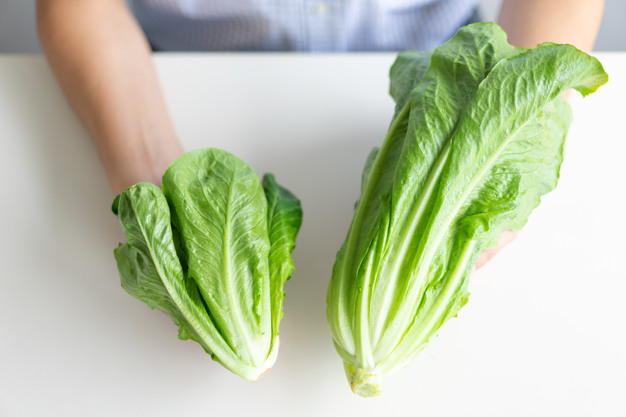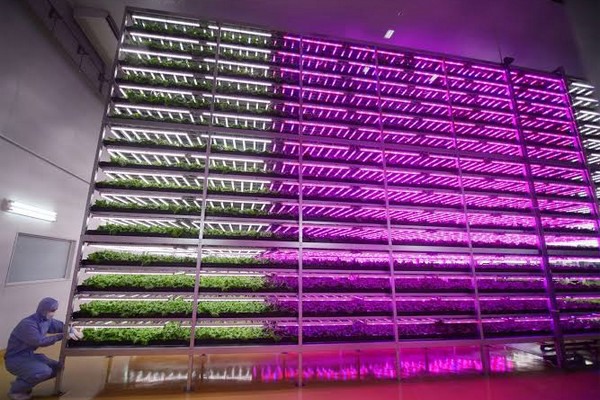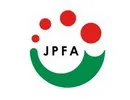"Our network enables us to sell more lettuce than we could handle on our own. As part of a connected network of vertical farms, we supply a variety of lettuce to the domestic food processing industry. This connection helps us manage risks related to over- or undersupply," says Yoshio Shiina, President of Mirai Corp. a Japanese vertical farming company and supplier. Mirai's business activities are split into three segments, cultivators, full-package equipment providers and external farm operators (as consulting).
'Why cut on size if we can maximize?'
As an operator, Mirai's lettuce is sold at 250 grams per head, which are highly favored by customers as Nagateru Nozawa, CEO of MIRAI highlights. Being involved in Mirai's sales for the past 10 years, Nagateru has gained an extensive understanding of the market and customer preferences. "We have decided to focus on the food processing industry as it offers more stable pricing whereas retail is way more fluctuating. Besides that, retailers prefer 80 gram packages per heads of lettuce. It would be a shame to not supply 250 gram heads of lettuce and maximize the production capacity, efficiency and cost per unit."
The company decided to focus on the food processing industry as it offers more stable pricing and volume whereas retail is subject to extreme price volatility and order volume fluctuations. "Most customers prefer 250 grams of lettuce. The production side is a highly efficient production effort, and the buyers are satisfied with the high yield when cooking. On the other hand, there is a certain percentage of customers who prefer a size of about 100g, and we have a good supply of this category as well."

Yoshio Shiina and Nagateru Nozawa
Not without hurdles
Mirai has been through ups and downs. Starting back in 2004 as one of the early adopters in vertical farming in Japan, they supplied to supermarkets first. However, soon they realized that the model adopted wasn't working out too well for them. Unfortunately the company went bankrupt in 2015, but soon made a restart when they found a new investor and appointed a new President (at that time, CEO).
The Chiba site has been in operation for more than 10 years since it was started.
Ten years ago, MIRAI operated with fluorescent lights and later installed LEDs, but also implemented modifications to make the facility more capable of meeting market demand; since 2020, MIRAI has a daily production of 800 kg and a growing room area of 1000 m2, offering a wide variety of leafy greens and herbs. "Our main clients are in food processing, such as delicacy shops, and restaurants. Mainly, our sustainable growth is supported by two things; our hardware and software," says Nagateru.

"SensorCorpus" software
Besides getting their hands dirty on production, the company supplies its 2nd generation cultivation systems. Adopted in three continents thus far, the IOT-based systems can be controlled, updated and improved from the Chiba headquarter. Recently partnering with Norwegian LED supplier Riftlabs, marks Mirai's desire to expand in the European market. "Most importantly, we would like to fulfil the customer's needs and that's not bound to a country. Every vertical farm has its own uniqueness, and so if that matches our skills, we are very glad to partner and help," Yoshio explains.
"We're not only limited to deploy our software in plant factories but all kinds of food factories, in fact, given the procedures are very similar," says Yoshio. With the data team closely observing and improving the production flow rate, they are closely aware of what is happening in each factory. "Each badge can be fully tracked per tray, section, and more through sensors and cameras."

Limiting energy usage
"Through fixed energy contracts we are limiting our power usage to a set level to avoid excessive operating costs," Yoshio explains. With a maximum capacity of 398 kW per hour, Mirai tries to stay within the line. Electricity is offered every 30 minutes, so when barriers increase and hit the minimum, it will automatically be cut off.
Before the bankruptcy, it was all about producing nice vegetables, produced at a high capacity according to what the supermarkets wanted. "Unfortunately we couldn't keep up which resulted in a very negative cost impact, trying to match the costs and inputs with the end product," Yoshio affirms. This made Mirai pivot their entire business model and look for the actual needs of the consumer and customer.

For more information:
Mirai Corporation
Yoshio Shiina, President
Nagateru Nozawa, CEO
Email: mirai@miraigroup.jp
https://miraigroup.jp/en
 This article series is in collaboration with:
This article series is in collaboration with:
Japan Plant Factory Association
Eri Hayashi, President
ehayashi@npoplantfactory.org
www.npoplantfactory.org
